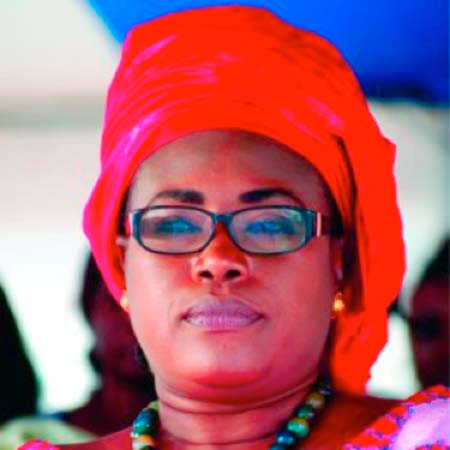
Senior
counsel Ida Drammeh on 21 July 2016 told the Special Criminal Court Division of
the Banjul High Court that her client, Sira Wally Ndow Njie, was unable to have
access to medical attention, as she was in custody.
She
made this statement before Justice Ottaba, when she was referring to an
affidavit she filed for bail for her client.
When
the case was called, she told the court that she was representing Sira Wally
Ndow-Njie, Momodou S. Taal and Edrissa Jobe.
The
defence counsel stated that the affidavit she filed contained 27 paragraphs,
but she made emphasis on paragraphs 8, 9, 10 and 11 which are the main grounds
of her application, relating to the medical condition of Sira Wally Ndow-Njie.
Counsel
Drammeh adduced further that the applicant had properties in The Gambia and has
strong relations in the country, arguing that her sugar level was “high”.
She
urged the court to grant bail to the applicant, considering the factors spelt
out in the affidavit, “which are uncontroverted”.
She
further stated that she had adopted the briefs of Momodou S. Taal and Edrissa
Jobe, as she had done with that of Sira Wally Ndow-Njie.
At
this juncture, defence lawyer Janet Sallah-Njie made an application on behalf
of Muntaha Sallah, and lawyer Lubna Farage adopted the brief of the applicant
and associated herself with the submission made by Ida Drammeh. Lubna Farage
also adopted Noah Touray’s brief.
The
Director of Public Prosecutions, Barkun, will reply on 25 July 2016 to the
submission made by the defence.
The
applications of Cherno Marena and others would be moved by their counsel on the
same date.
It
would be recalled that Ida Drammeh had earlier told the court that her
application had serious medical issues, adding that she was applying for Sira
Wally Ndow-Njie to have access to food and medical attention and that she has
diabetes, hypertension and other necessities the court may deem fit.
In
his ruling, Justice Ottaba said the Director of Prisons should allow the
applicants to have access to their family members, lawyers, food and proper
medication.
The
accused persons were charged with conspiracy to commit a felony, neglect of
official duty, giving false information to a public servant and economic crime
under the Economic Crime Specified Offences Act; which charges they denied.


